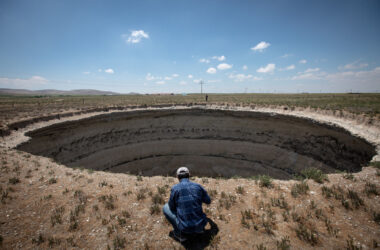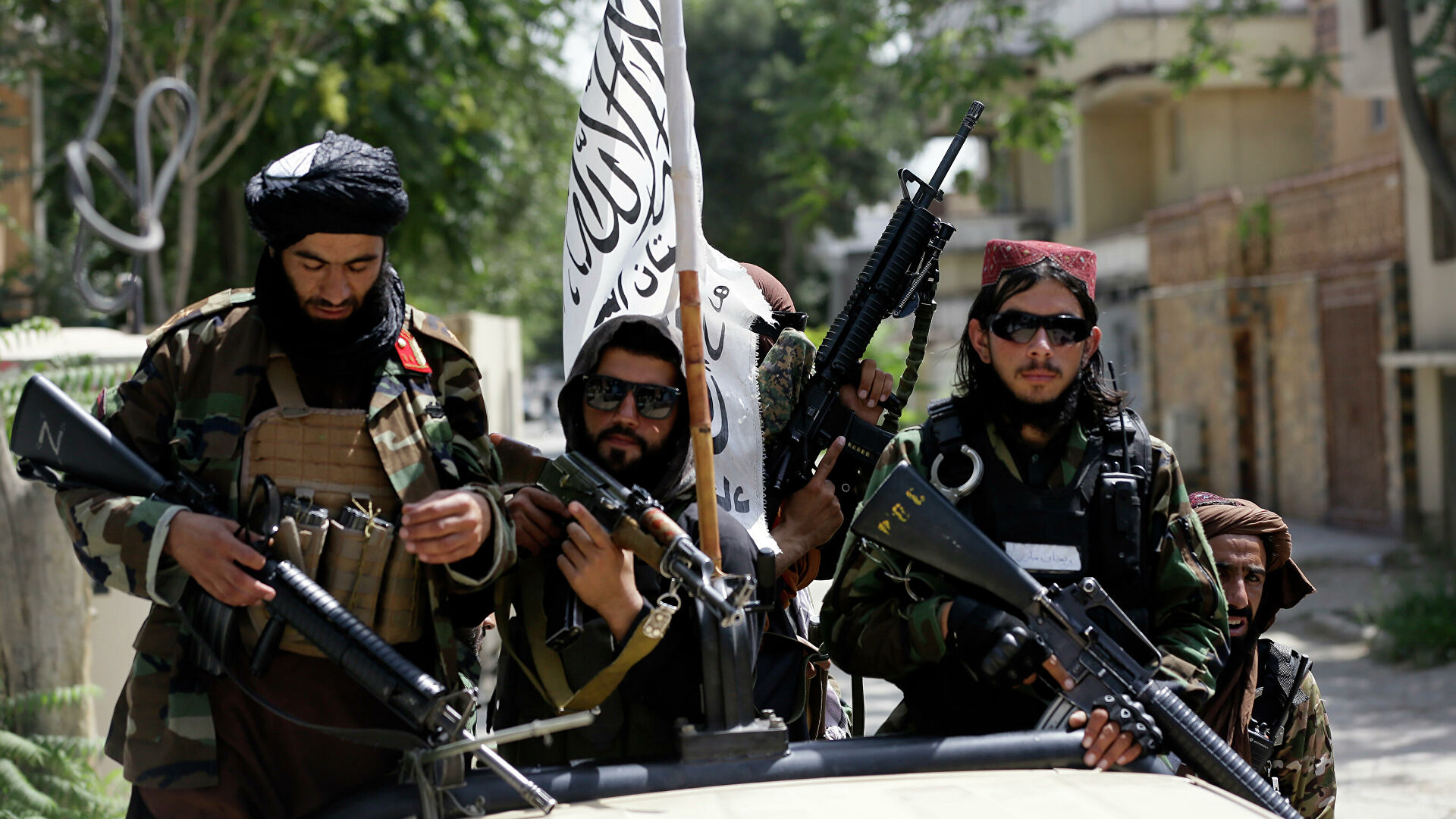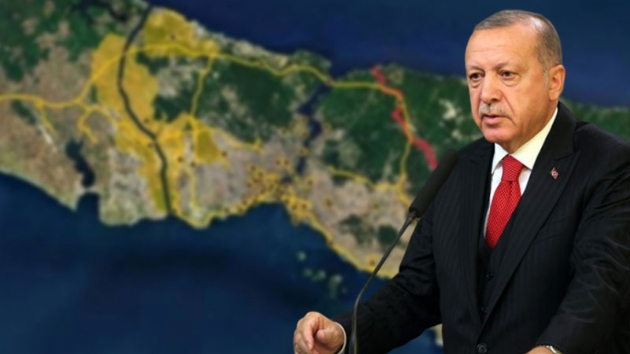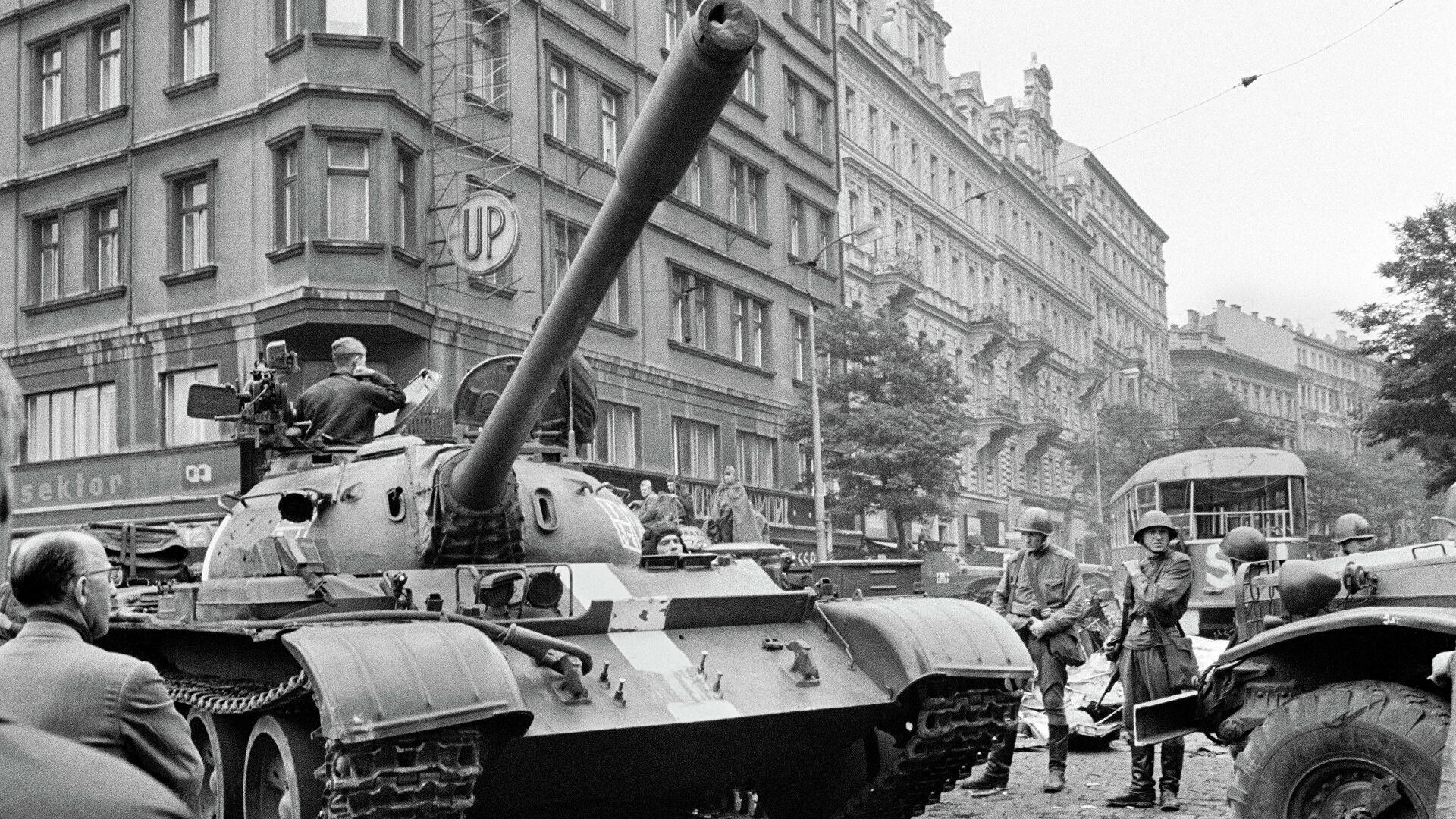To begin with, this work focuses on the diaspora after the communist world and is a response to Maria Koinova’s article “diasporas and democratization in the post-communist world”. Mentioned this article (Koinova, 2009) describes post-communist diaspora activities based on the Ukrainian, Serbian, Albanian and Armenian diaspora. Despite the literature that the diaspora shows nationalist attitudes, in this article, the author claims that they really participate in the democratization of their country. Citizens in the diaspora are trying to reduce international pressure on post-communist society by using democratic means to promote nationalist feelings and goals that are still unresolved. The main focus of the author is to explain the diversity of participants/citizens in the diaspora that is relevant to the procedural and liberal sides of democratization. According to the author, the study is based on two limitations: the first is that citizens from communist countries, unlike diasporas from the Middle East, Asia, and Africa, had little contact with their countries during the Cold War. Because communist governments at that time carried out propaganda aimed at controlling and silencing the diaspora. Second, in the region with changing conditions after 1989-political, educational, etc.- together, there was a great wave of migration to the West, and citizens in the diaspora who saw democratic values did not have the problem of harmony thanks to democracy in this society they had just entered. (Koinova, 2009)
All post-communist diaspora of the four countries discussed in the article-Ukrainian, Serbian, Albanian, Armenian- was associated with policies that demonstrated the characteristics of a ‘competitive authoritarian regime’, semi-authoritarian leaders, and non-liberal political practices. Ukraine is a new state which became sovereign in 1991. Serbia was a failing country in the battle of disintegration of the Serbian-dominated ex-Yugoslavia after 1989. Kosovo and Nagorno-Karabakh have been secessionist regions since 1991, with Albania and Armenia linked to their rebel groups to varying degrees. The research focuses on non-violent periods throughout post-communist transformations after 1989. Author’s investigation to those times because throughout the war involving the homeland, the diaspora gives unmistakable assistance to the homeland unless there is a war between the homeland and the host country where there are clear dilemmas of allegiance. However, although the study covers diasporas living in the USA, it has not been ignored that diasporas are transnational and mobile.
Dependent and independent variables are discussed: the dependent variable is diaspora involvement in homeland democratization, while the reason is free media, civil rights, etc., with genuine fair elections linked to democracy, has been mentioned. The argument is challenging to the sovereignty of the homeland. To summarize in general, the Ukrainian diaspora noticed that support for liberal democratic elements could help the state-building of a newly independent homeland and its attempts to avoid Russian control. The three remaining diasporas used the procedural elements of democracy as coping mechanisms to progress unsolved nationalist agendas by means embraced by the international community. In the case of Serbia, the diaspora based its support for Milosevic’s opposition not on the basis of common ideological beliefs with Western powers, but on an opportunistic leader who deceived “Greater Serbia”‘ in Dayton. The Albanian and Armenian diasporas have used the procedural elements of democracy to advance the interests of self-determination of the proto-states to which they have been connected (Kosovo and Karabakh).
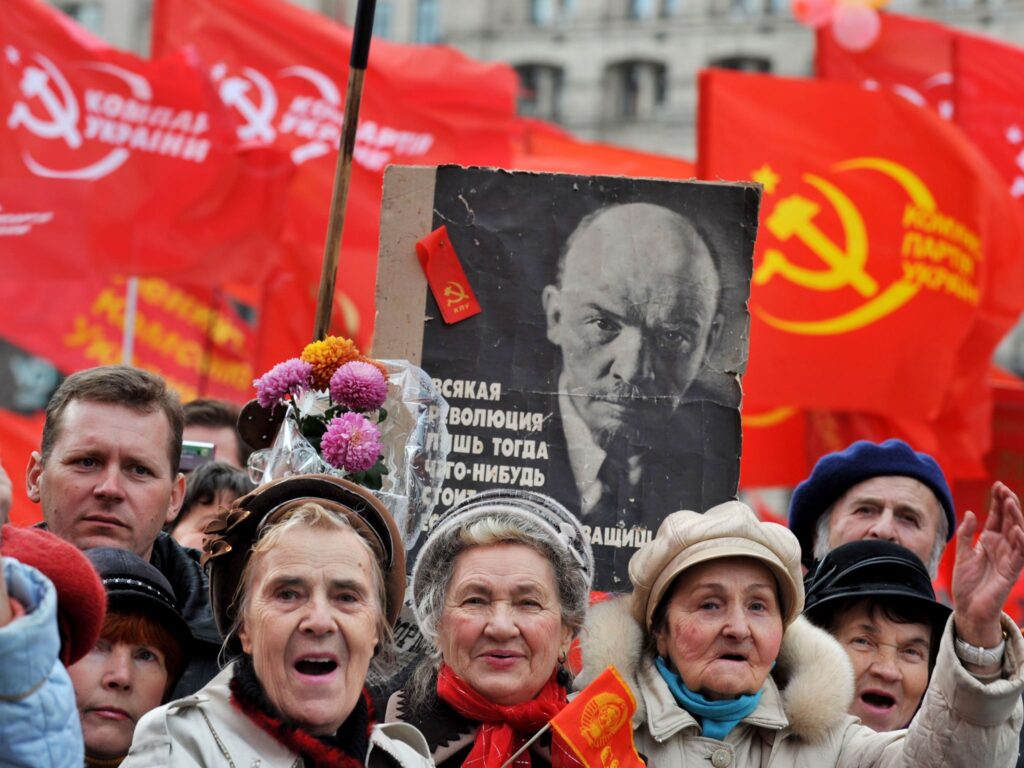

Before I make a response to the article, I want to talk about the concept of diaspora. The term is defined as a nation or part of a nation separated from its own state or homeland and scattered among other nations but preserving its own national culture (Dufoix S., 2011). Also the term “diaspora” has been applied to a number of formations: participants of transnational communities adhering to the same ideology, such as communism; members of “clashing civilizations” (Huntington, 1993). One of the first to define the key criteria of the classical theory is William Safran, who in his article (Diasporas in Modern Societies: Myths of Homeland and Return) identifies a number of classes and classifies them according to the following points:
-dispersal from the middle to two or more peripheral or international regions;
– the preservation of collective memory, vision, or myth;
-the assumption that complete acceptance of the host country is not feasible, resulting in alienation and insult;
-consider the ancestral homeland as the real or ideal home and the place of final return;
-commitment to preserving or restoring stability and prosperity in the homeland;
-and intimate or vicarious ties with the homeland in an ethnic-communal consciousness (Safran,1991).
Like the countries covered in the article, there have been migrations to the United States since time immemorial, and today the United States is home to many communities. As people migrated to this country, their goals were primarily economic reasons, while political and educational reasons took place over time. In other words, people have gone to find, to live what is called the” American Dream.” The United States is a system of national values consisting of a set of ideals in which freedom offers an opportunity for prosperity and success, and social mobility towards development is achieved through hard work. (Gülüştür, 2013) The diaspora has been rooted here and even influenced to create lobbying activities. Because, as mentioned above, post-communist diaspora communities have gone for reasons such as democracy, rights, and freedom of thought. Traditionally, the US called the melting pot – generations of refugees have melted together they have left their cultures to become completely assimilated to American society. Based on this, the author did not mention that diaspora activities in the United States, such as democracy and lobbying, also went through the melting polt stage. While the post-communist diaspora is basically shown in the article, it is mentioned that the formation dates back to the past when it comes to the Armenian diaspora, and there are always claims that the Ottoman slaughtered the Armenians and that the biggest immigration wave occurred during this period. The dominant party in the Armenian diaspora is the Armenian. The Revolutionary Federation (ARF), commonly known as the Dashnaks, has been the greatest advocate for Turkey’s acceptance of the Armenian genocide for more than half a century (Koinova, 2009) Here, I would like to make some self-criticism on behalf of my country and comment on Armenian lobbying activities. Whenever I read the literature on Armenians in diaspora studies, there are many theses and articles related to the subject abroad.
My country reacts when it comes to the genocide, but we are quite lacking in academic studies and I think this is an important detail that brings Armenians to the fore within the scope of introduction in the genocide. Although Karabakh and some regions have been cleared of Armenians within the scope of the recent developments and it seems that Central Asia contact will be easier with the opening of corridors, I think Central Asian policies will remain superficial without solving the genocide discourse in this process. Armenians who have started organizing here since their first migration to the United States in the 2000s have set up a variety of organizations that have approached and tried to help Armenians who have been dispersed in the Armenian community throughout the United States and in various parts of Armenia and the world. (Kantarcı, 2014)
For the Ukrainian diaspora, the situation has been slightly different, Ukraine’s freedom has been the focus of intense diaspora activism. Ukraine is an important country not only in terms of the Black Sea basin in which it is located but also with its political characteristics that have implications beyond the region. (Tahta, 2019) For Ukraine, the most commonly referenced interpretation in the context of political identity is that there is an east-west divide that dominates the country. Russian Ukrainian-speaking nationalist West is classified here as “Ukrainian-speaking nationalist West” and the East as “Russian-speaking separatist east”. As the historical reason for the distinction, it is also suggested that Western Ukraine is intertwined/intertwined with the Polish and Austro-Hungarian Empire, and eastern Ukraine is intertwined with the Russian and Soviet empires (Rodgers, 2006). For this reason, both the Ukrainian diaspora and those in the homeland reacted significantly positively (Koinova, 2009) during the Orange Revolutions (Karatnycky, 2005).
The activities of the Serbian diaspora were linked to the collapsing state of Yugoslavia, previously, members of the Serbian diaspora, in particular those who were outspoken in representing the views of their home country, were seen as leaning towards nationalist positions (Prelec, Journal of Balkan and Near Eastern Studies). Serbs who are members of the Diaspora influenced their country in the 2017 presidential election. Indeed, the fact that members of the diaspora hold more extreme political views is in fact, a common belief in the migration literature and far beyond South-East Europe (Ignatieff, 2001) Members of the diaspora shall keep Serbia afloat with their remittances. We, therefore, have the full moral right to take part in the democratic process. The relatively little attention given to topics such as EU accession, relations with Russia, and in particular, Kosovo, challenges previously held the assumption that the Serbian diaspora is nationalist. Although it cannot be denied that clubs and organizations with more conservative views exist abroad, this report has shown that politically active members—many of whom have recently moved abroad—are not concerned with these issues (Prelec, Journal of Balkan and Near Eastern Studies).
The diaspora has made an important contribution to the defense of human and social rights, the preservation of cultural identity, the protection of national values, and the financial and cultural growth of Albania. The Albanian diaspora has specific factors, such as strong migration flows, highly trained professionals, and successful cooperation with the diaspora. Scholars affirm that the number of members of the Albanian diaspora is well trained and over-qualified (Barjaba, 2019). At the time of NATO intervention in Kosovo in the spring of 1999, the Albanian-American citizen of the United States became noticeable (Nadège Ragaru, 2004).
In general, I did not examine the post-communist diaspora within the scope of the article, so I was interested in the subject of post-communist diaspora, although the author’s article is informative about the post-communist diaspora, the topics are generally superficial. I tried to respond to the article as much as I could, and at the end of the article, the following questions asked by the author are very valuable: ‘’ If diasporas use procedural aspects of democracy to advance their nationalist goals against the backdrop of international pressure for democratization, how much does the concept of democracy become ‘‘stretched’’ in a world in which democratization has become a global norm, but is de facto utilized for particularistic purposes? In addition, if diasporas chose to utilize democratization for the advancement of their nationalist goals, rather than to engage exclusively with nationalism, will they be transformed by the process? Might they become more moderate non-state actors in international politics?’’ (Koinova, 2009).
The conceptual and theoretical context should be studied in depth in order to forecast the future of the diaspora phenomenon both locally and internationally. Intensive studies and debates are being conducted on the concept of diaspora, with the influence of developments in the field of social sciences and in particular, international relations. The definition, which has a broad field of application that cannot fit into a theoretical context, is often studied in the Western world, and debates are conducted through Western rhetoric (Yaldız, 2013).
If we evaluate it together with the other article mentioned in the readings; the political influence and lobbying activities of the diaspora are very important today. Although diaspora activities have become more important in recent years, especially from the point of view of our own country, I think that the diaspora of our country, unlike other diasporas, is only used as a political goal when it comes time for elections. Directly countering these “nationalizing” nationalisms are the transnational nationalisms of what call the “external national homeland.” Homeland nationalism is directed to putative ethnonational relatives who are residents and citizens of other nations (Brubaker, 2000). Although work is being carried out within the framework of public diplomacy and for young people in the diaspora, due to the fact that the importance given to the diaspora has gained value in recent years, there is a loss of generation in our diaspora. However, as the author noted, most diaspora, especially the Armenian diaspora, pursue a goal in countries where there are. Cultural, etc. of the country where the diasporans are located. gaining its characteristics over time is inversely proportional to the importance that the motherland attaches to the diaspora. In this article that was published in the US Armenian Life journal, Appo Jabarian notes that Armenia and Karabakh are more democratic than diaspora systems that do not have a democratic electoral system in which everybody has the right to vote. He criticizes the managers of political and religious bodies that have proclaimed themselves members of the diaspora, even though these institutions refer to just 5% of the Armenian diaspora. The author notes that the interpretation of the Ottoman “Nation” system is still true for diaspora organizations. Jabari finds that there is a lack of blood and aging in these systems that are difficult to regenerate. It invites the diaspora to reassemble itself with the development of a political system on a diaspora scale.[1]
The Russian language has an impact on countries that gained independence after the collapse of the Soviets. It is not surprising, to illustrate that all three countries have adopted single-language policies. Annexed to the Soviets in 1940, Estonia, Latvia, and Lithuania had already had an experience of independent statehood and returned to it after a little more than four decades of Soviet rule. They had spent the last time in the Soviet Union, and their people had a high degree of national consciousness and language loyalty and were vehemently opposed to russification (Pavlenko, 2008). In post-Soviet countries, Russia has language policies within the scope of soft power applied to states. When the time of the Soviet Union is analyzed, Russian culture, language, it is obvious that the nation has dominance. Within the framework of the post-Soviet diaspora and Russia’s language policies, democratization and nationalist feelings contradict each other, and the nationalist feelings of the diaspora are actually under the influence of the soft power exerted by Russia.
Prepared by Sümeyra Taha.
REFERENCES
Barjaba, J. (2019). Albanian Diaspora across the World. Athens Journal of Mediterranean Studies, 173-184.
Brubaker, R. (2000). Accidental Diasporas and External “Homelands” in Central and Eastern Europe: Past and Present. Reihe Politikwissenschaft / Political Science Series 71.
Dufoix, S. (2011 ). Diasporalar . M. Belge içinde, Diasporalar (s. 17-41 ). 2011: Hrant Dink Vakfı .
Gülüştür, Ö. Ç.-E. (2013). ARTHUR MILLER’İN DEATH OF A SALESMAN ADLI YAPITINDA AMERİKAN RÜYASI ve ÇÖKÜŞÜ. Akademik Sosyal Araştırmalar Dergisi, 1-11.
Huntington, S. (1993). Clash of Civilizations.
Kantarcı, Ş. (2014). Amerika Birleşik Devletleri’nde Ermeniler ve Ermeni Lobisi . Yeni Türkiye.
Koinova, M. (2009). Diasporas and democratization in the post-communist world. Communist and Post-Communist Studies, 41-64.
Nadège Ragaru, A. D. (2004). The Albanian-American Community in the United States. Canadian Review of Studies in Nationalism, 45-63.
Pavlenko, A. (2008). Russian in post-Soviet countries. Russian Linguistics, 59-80.
Prelec, T. (Journal of Balkan and Near Eastern Studies). The Serbian Diaspora’s Political Views: A Study on the 2017 Serbian Presidential Election. Journal of Balkan and Near Eastern Studies.
Rodgers, P. (2006). Understanding Regionalism and the Politics of Identity in Ukraine’s Eastern Borderlands. Nationalities Papers, 157.
Safran, W. (1991)» Diasporas in Modern Societies: Myths of Homeland and Return«, Diaspora 1 (1991), No. 1, pp. 84–99, , p. 84.
Tahta, S. (2019). Kuzey Afrika ve Ortadoğu’da Arap Baharı: Öncesi ve Sonrası Genel Durumu. Ankara: Türksam.
Yaldız, F. (2013). DİASPORA KAVRAMI: TARİHÇE, GELİŞME VE TARTIŞMALAR. Hacettepe Üniversitesi Türkiyat Araştırmaları Dergisi, 289-318 .
https://repairfuture.net/index.php/tr/kimligi-ermeni-diasporas-ndan-bak-s/ermenistan-ve-karabag-diasporadan-daha-demokratikler (Date of access: Created on Thursday, 03 September 2015 06:55)
https://www.theglobeandmail.com/opinion/the-hate-stops-here/article763813/ (Date of Access: October 25, 2001)
[1] https://repairfuture.net/index.php/tr/kimligi-ermeni-diasporas-ndan-bak-s/ermenistan-ve-karabag-diasporadan-daha-demokratikler (Date of access: Created on Thursday, 03 September 2015 06:55)


